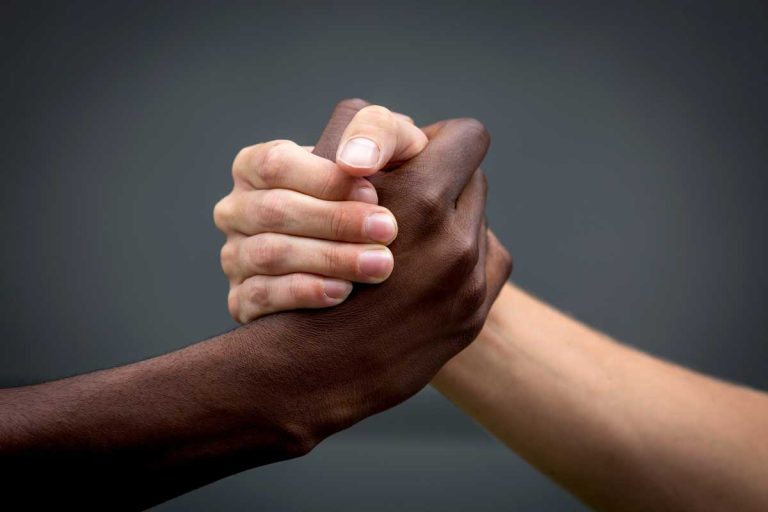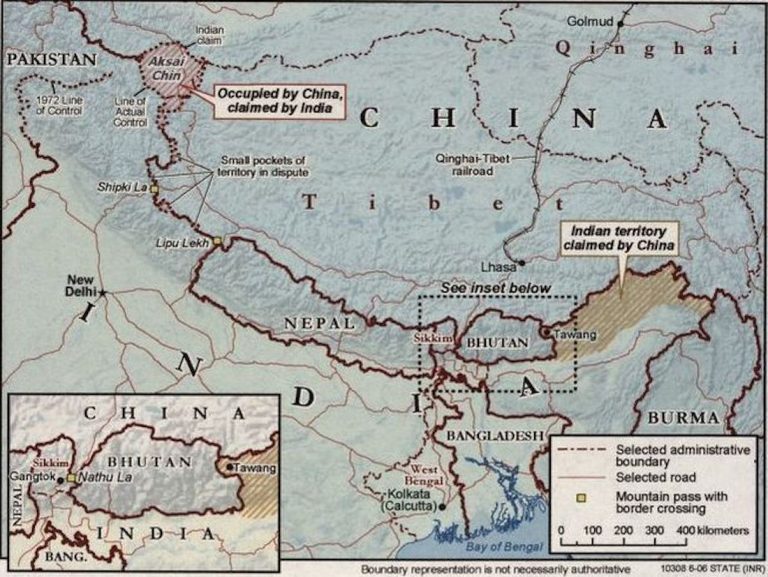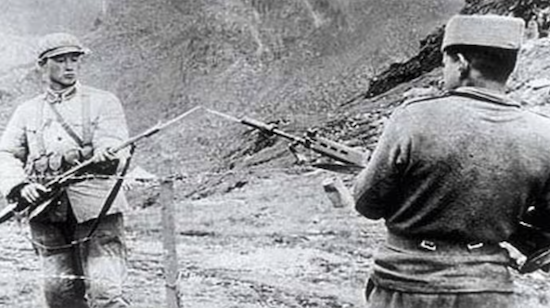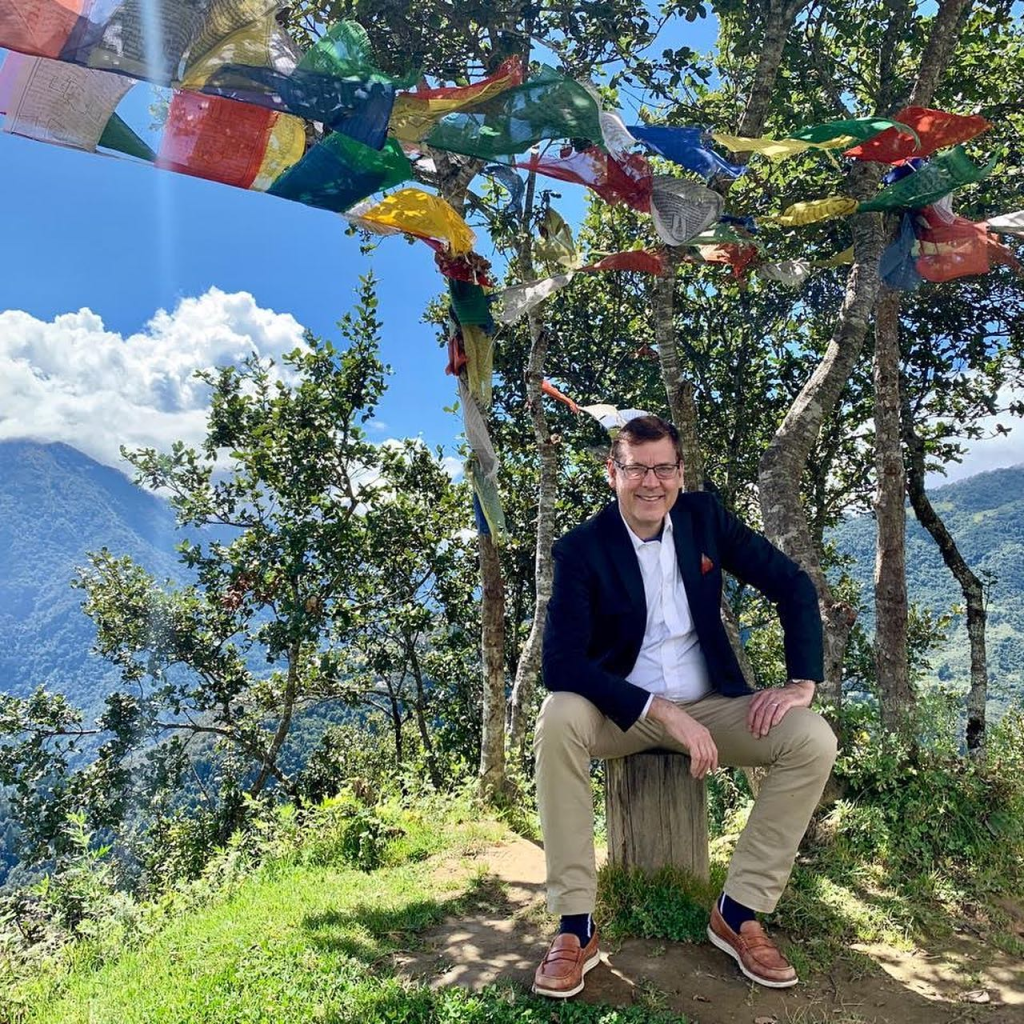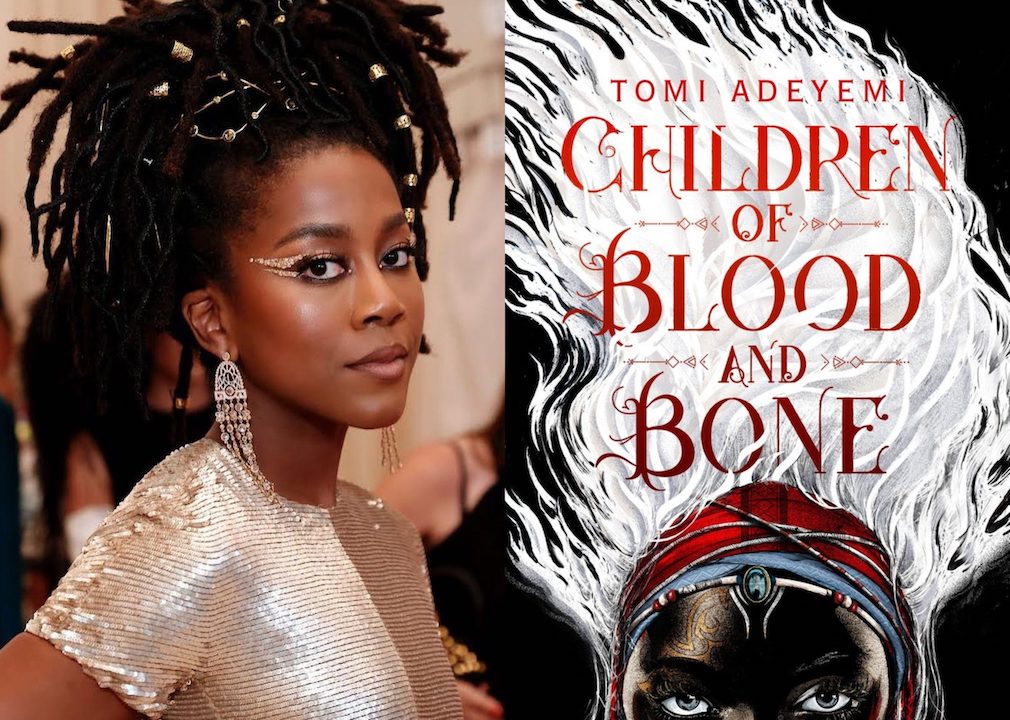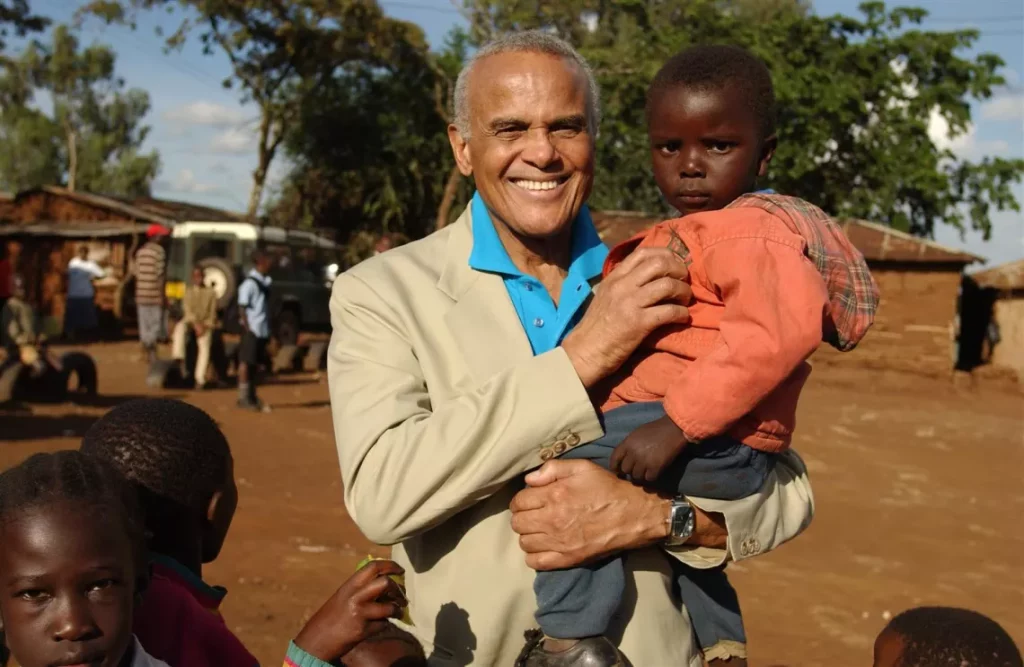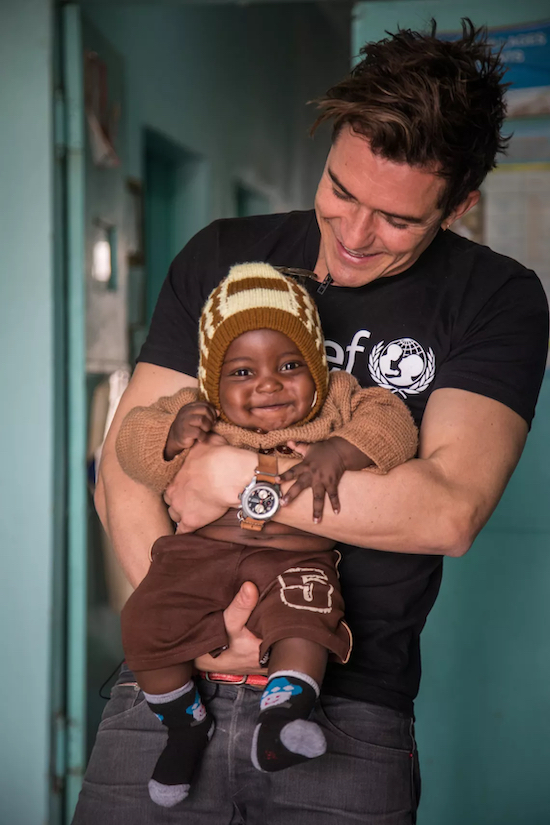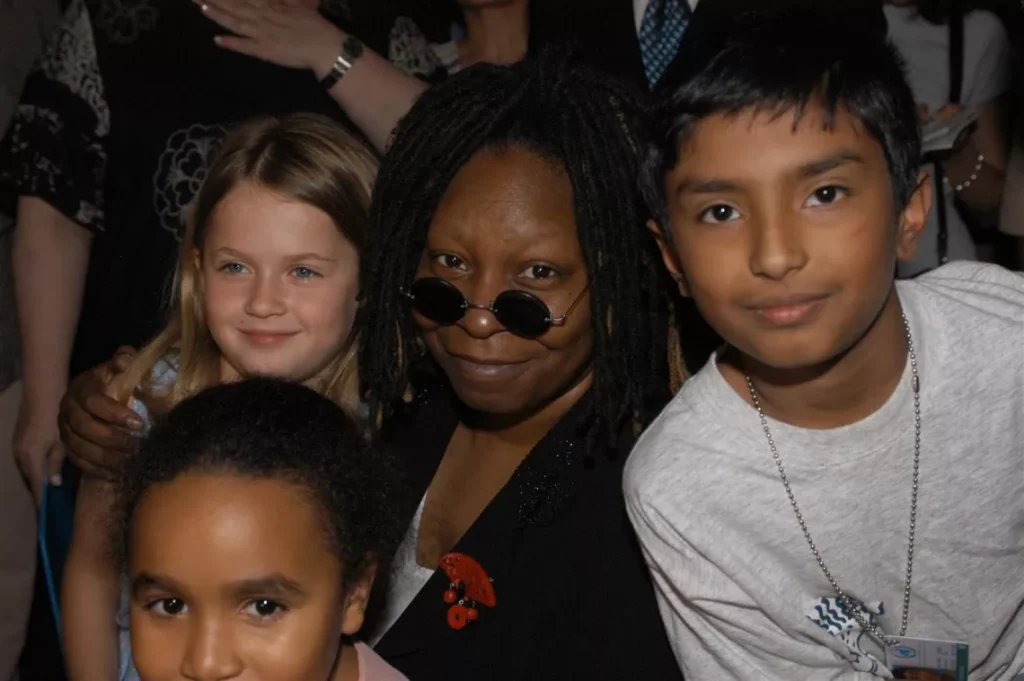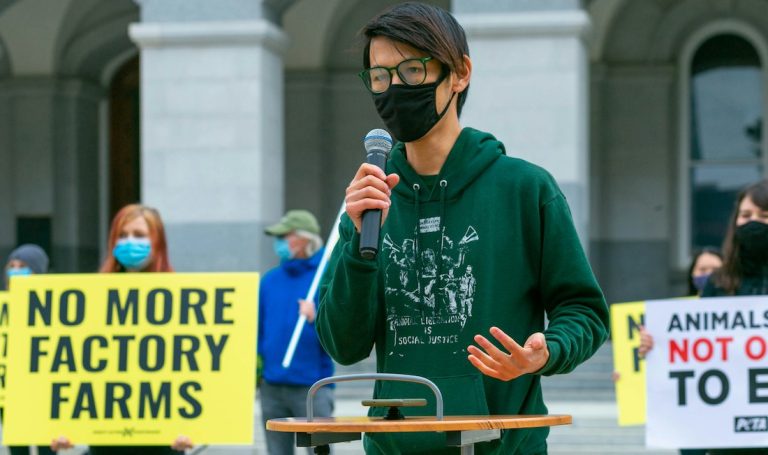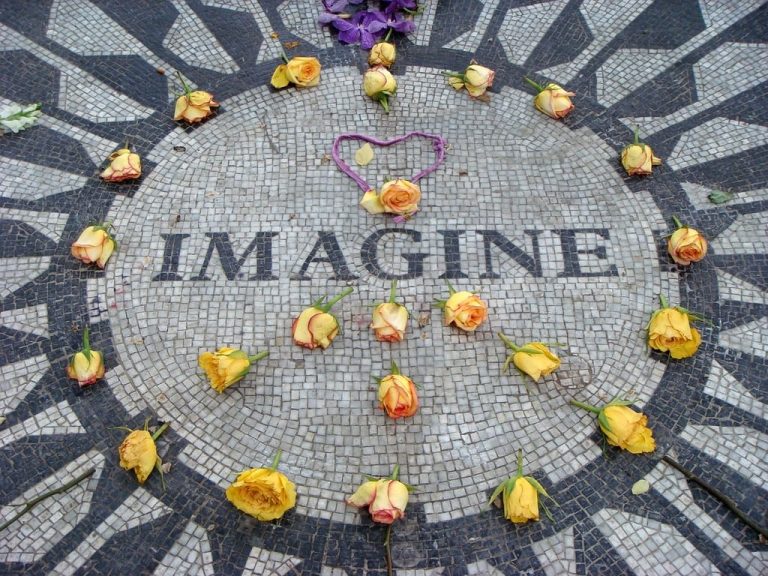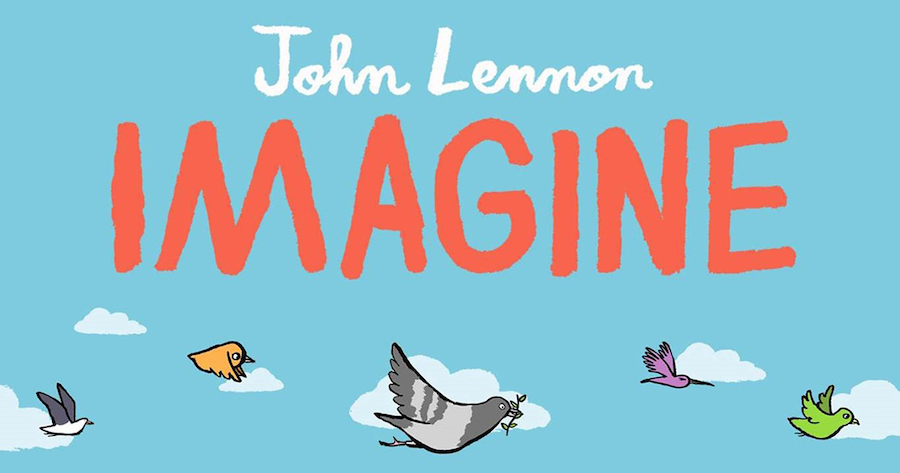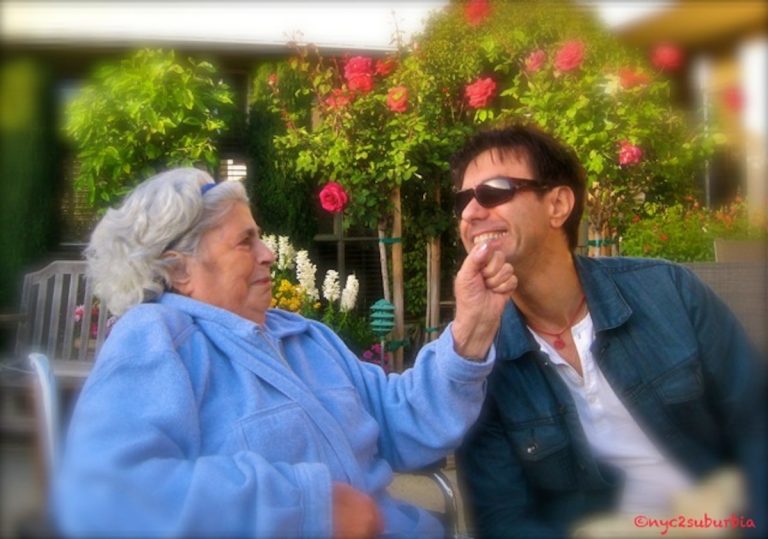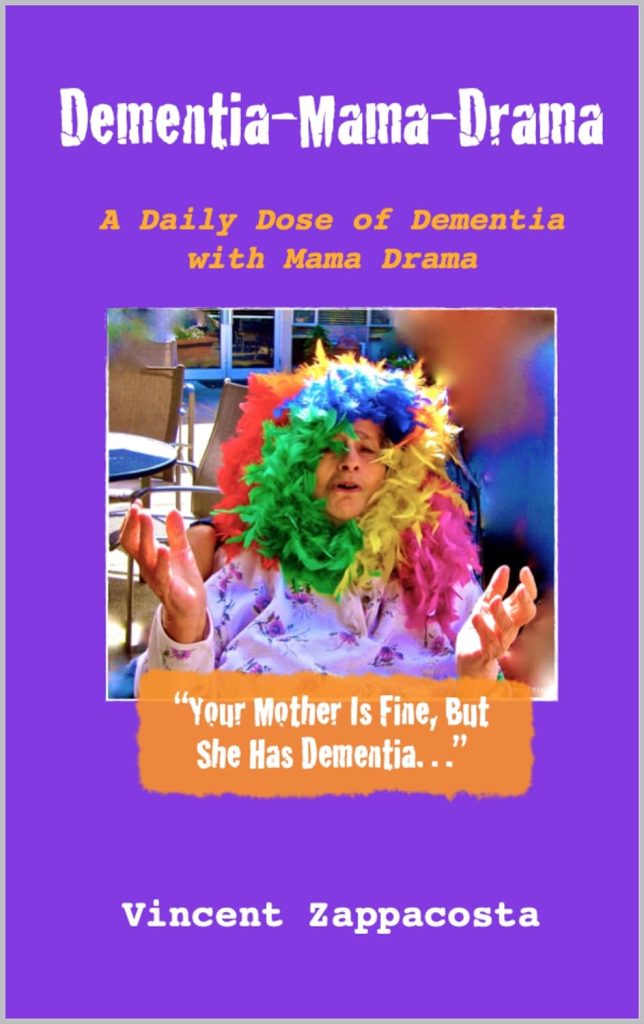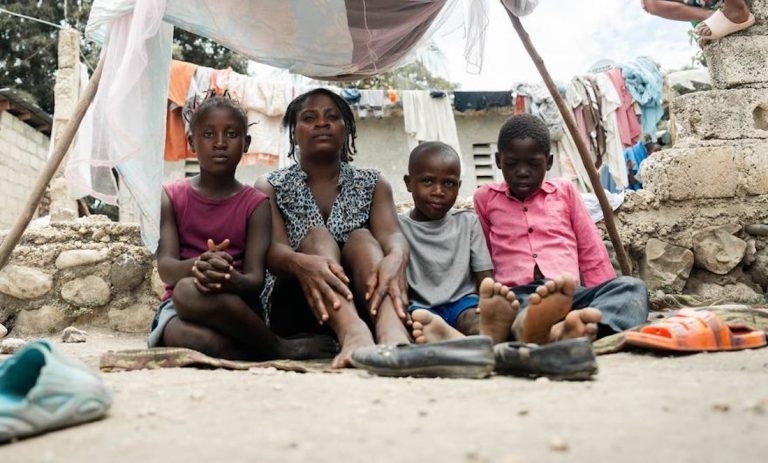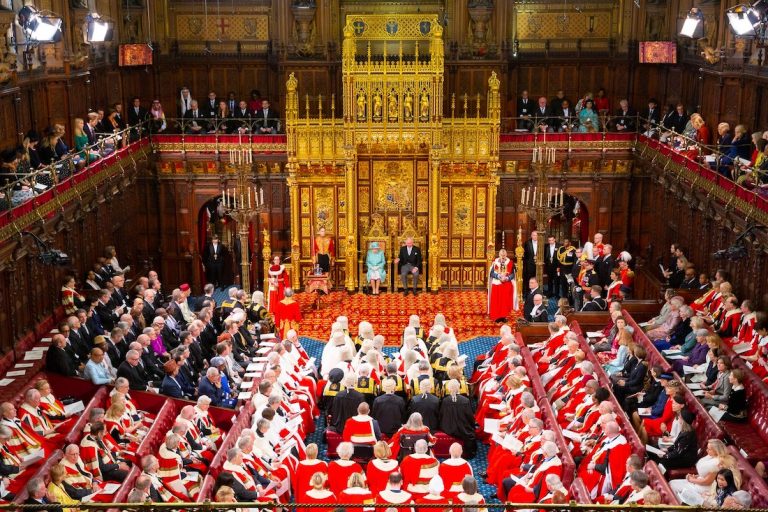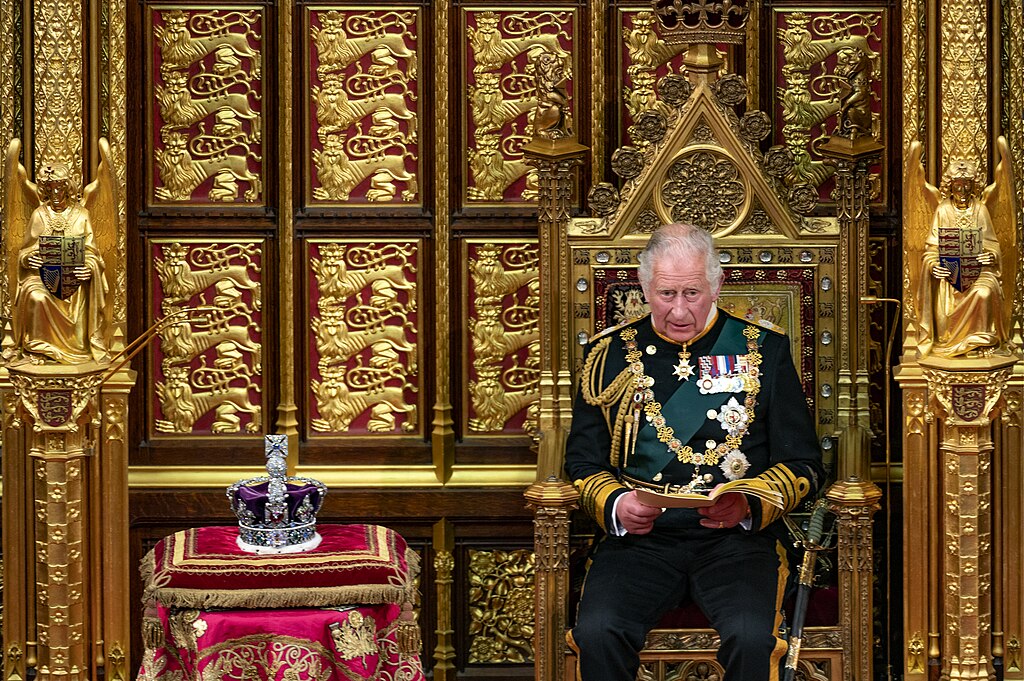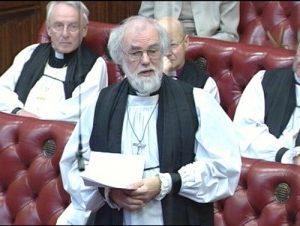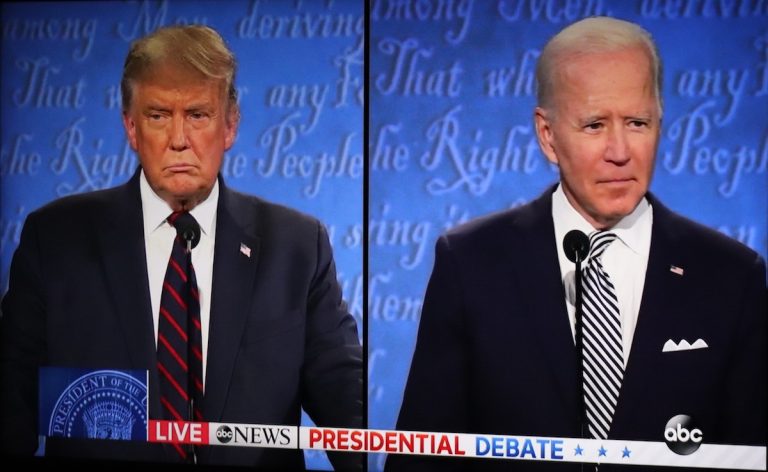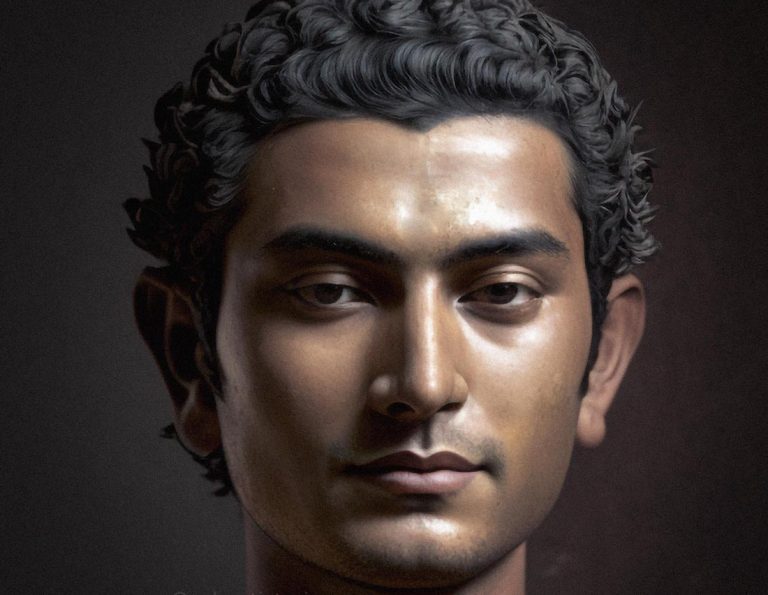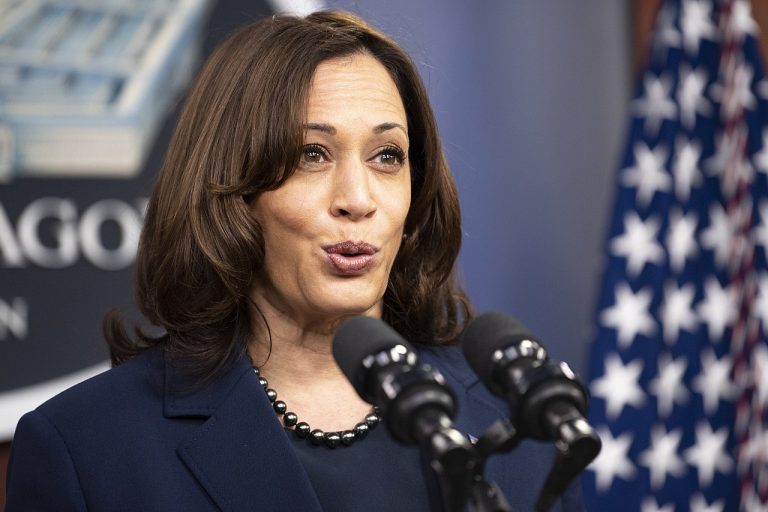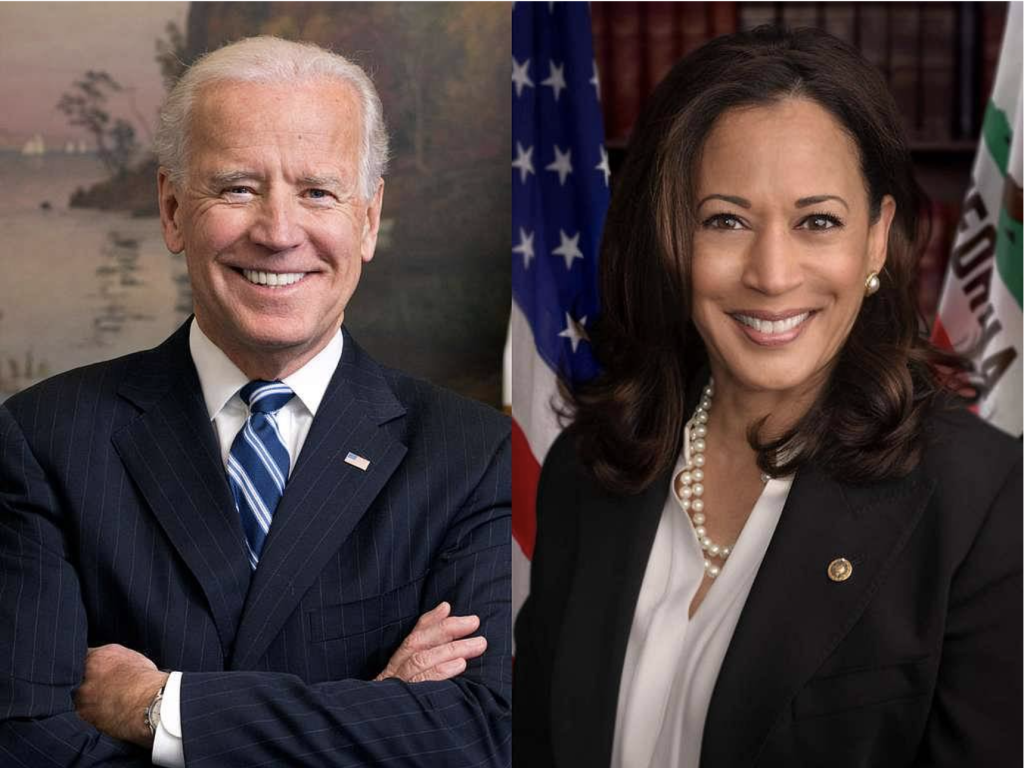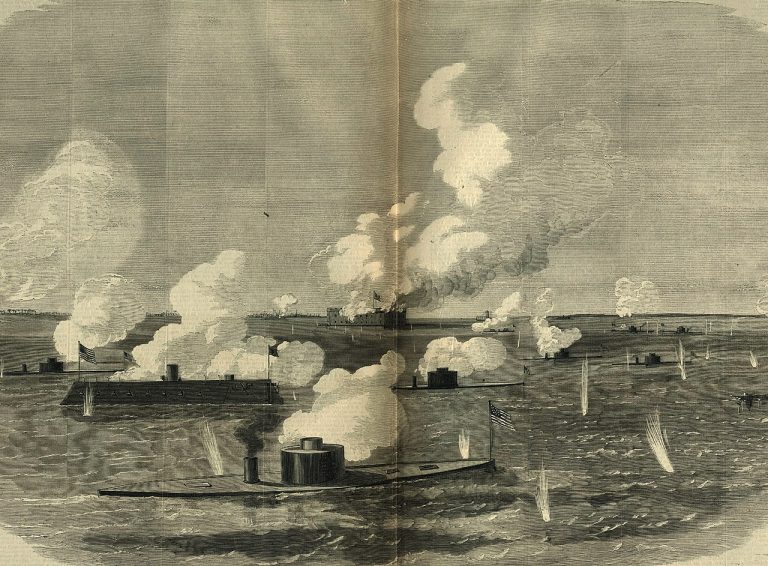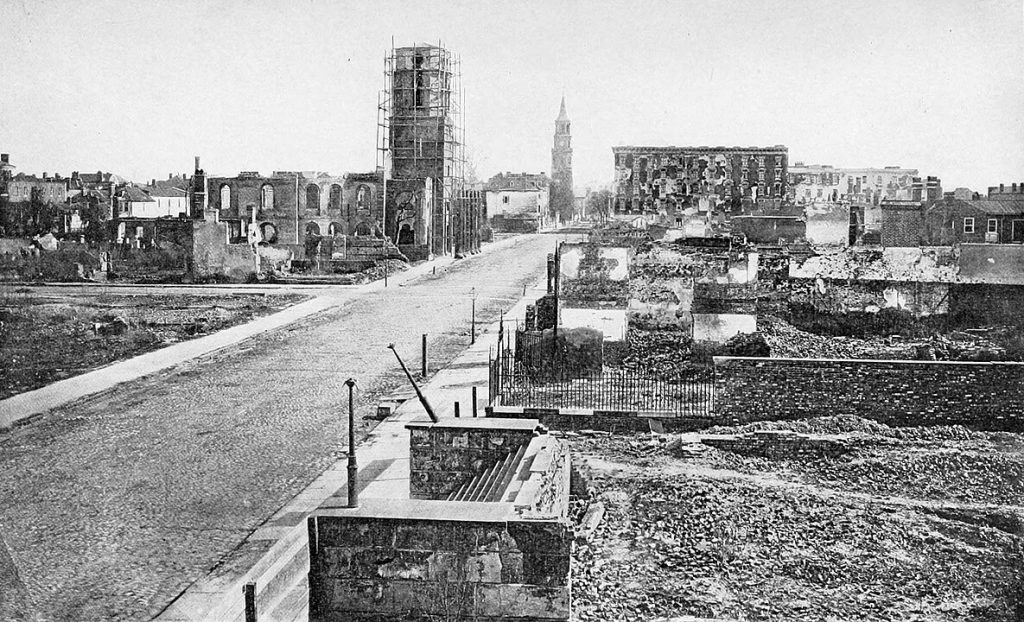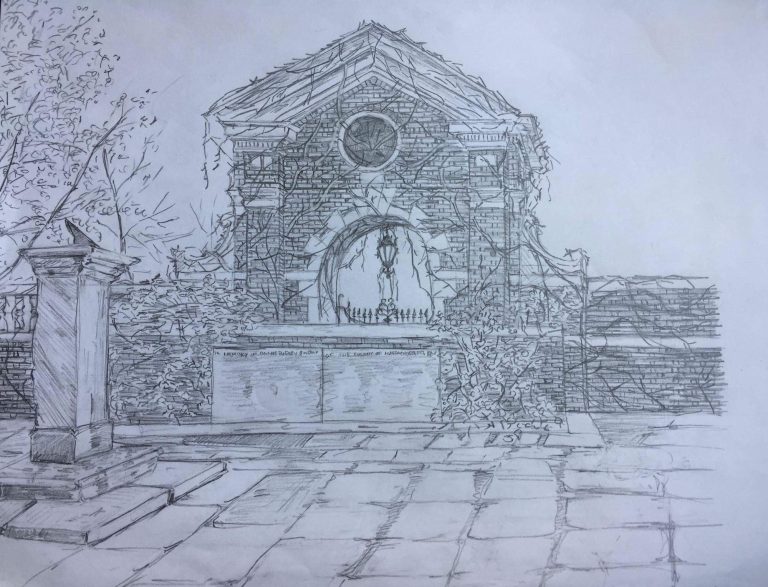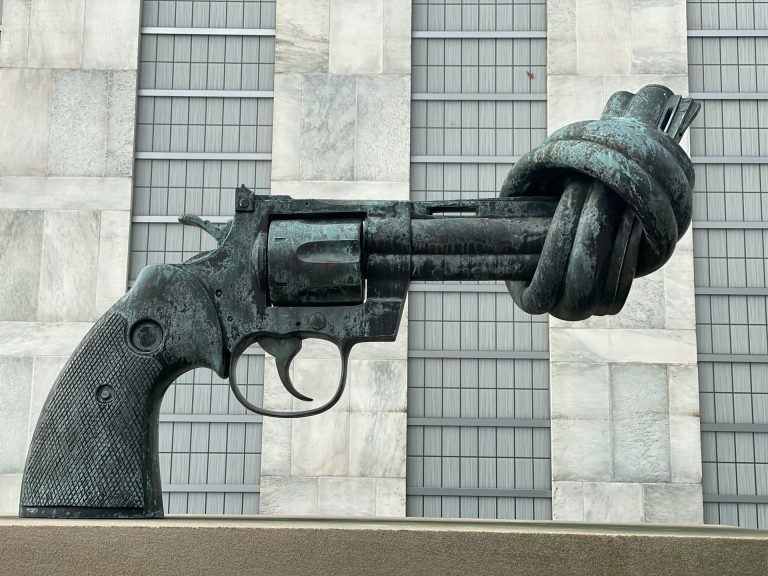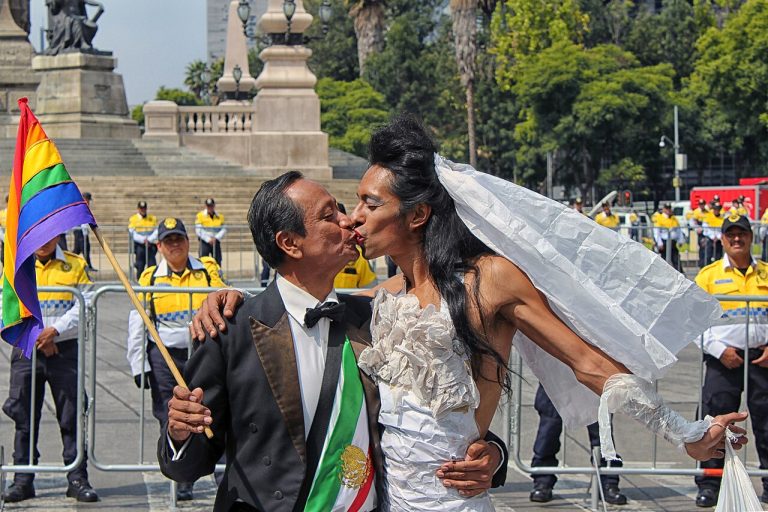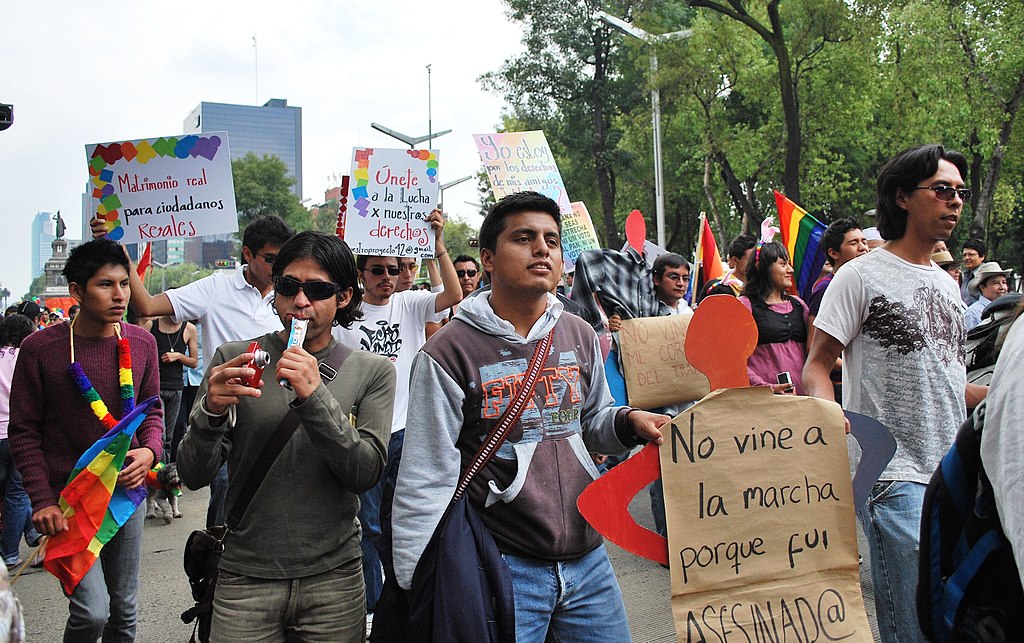As global citizens, we recognize that our actions have far-reaching consequences. Racism is a global issue that demands a global response. We stand in solidarity with people around the world who are fighting for justice and equality. We believe in the power of collective action and understand that by working together, we can create a more just and equitable world.

New York, N.Y. In our shared journey through life, we have always been acutely aware of the pervasive and insidious presence of racism. As global citizens and thought leaders, we understand that combating racism is not just a personal mission but a collective responsibility that requires persistent effort, unwavering commitment, and a profound sense of empathy and solidarity.
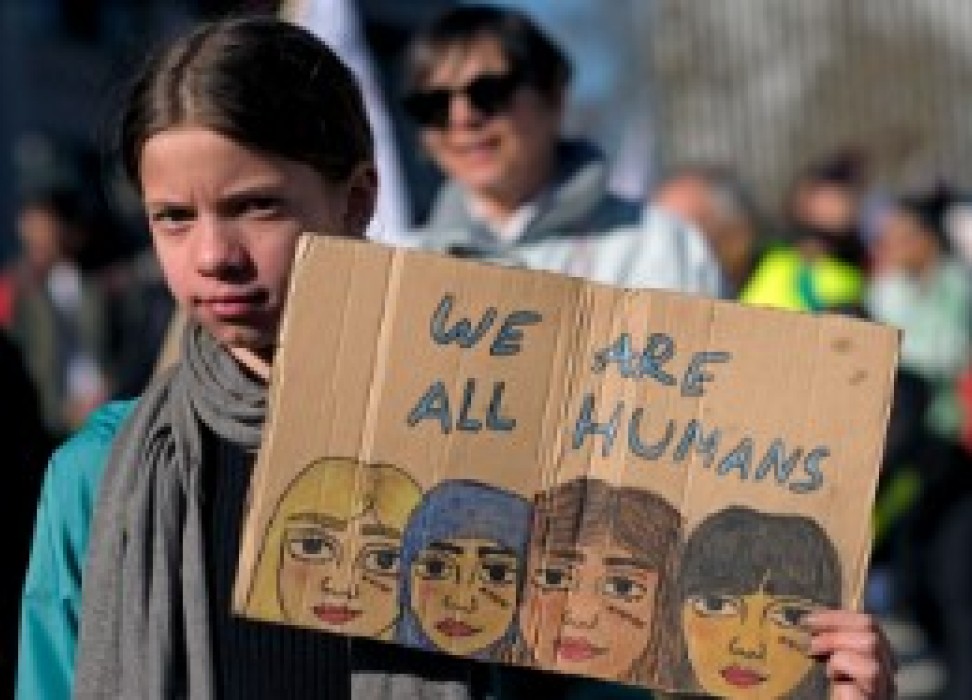
Racism is not confined to any one nation, community, or individual; it is a global scourge that affects us all. It manifests in various forms, from the overt violence of hate crimes to the subtle, yet equally damaging, microaggressions in everyday interactions.
As thought leaders, we recognize that our role is to shine a light on these injustices, to speak out against discrimination, and to inspire others to join us in this vital cause.
We have seen firsthand how racism can fracture societies, create barriers to progress, and inflict deep psychological wounds. It is a complex and multifaceted issue that demands a comprehensive approach. This is why we advocate for a multi-dimensional strategy to combat racism, one that includes education, policy reform, community engagement, and personal reflection.

Education is the cornerstone of our efforts.
We believe that by educating ourselves and others about the history and impact of racism, we can begin to dismantle the ignorance and misconceptions that fuel it. This involves not only studying the past but also understanding the present-day realities of systemic racism. We must listen to the voices of those who have been marginalized and oppressed, learning from their experiences and perspectives.
Policy reform is another critical aspect of our strategy. We understand that to effect lasting change, we must work within the systems that perpetuate inequality. This means advocating for laws and policies that promote racial equity and justice. We support initiatives that address disparities in education, healthcare, housing, and employment, recognizing that these areas are interconnected and that true progress requires a holistic approach.
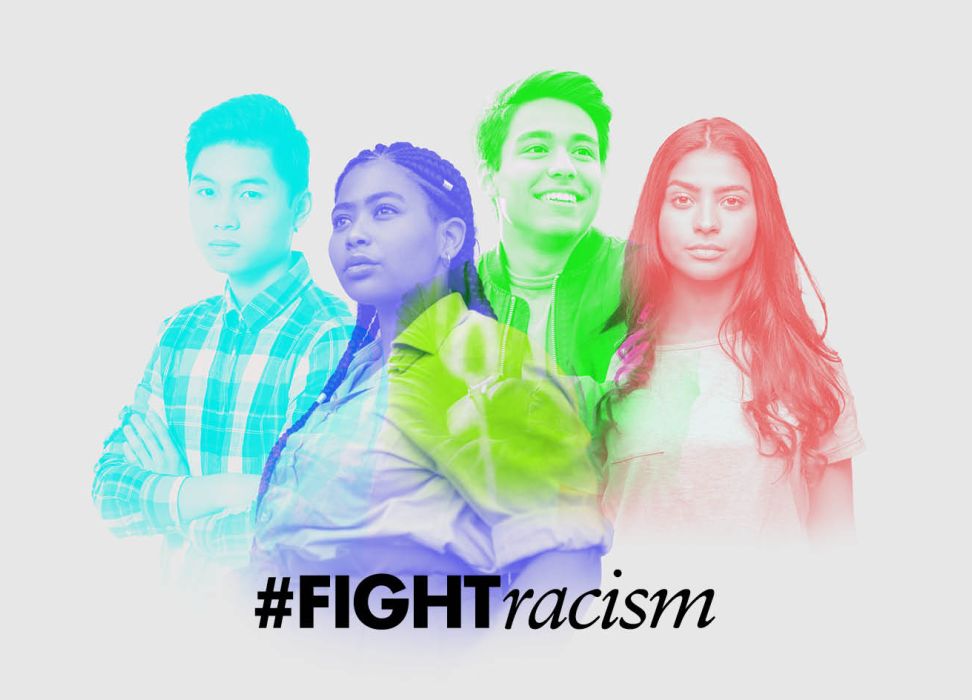
Community engagement is where we see the most immediate and tangible impact of our efforts.
By fostering inclusive and supportive communities, we can create spaces where diversity is celebrated and everyone feels valued and respected. We participate in dialogues and workshops, volunteer our time and resources, and support organizations that are on the front lines of the fight against racism. Through these actions, we strive to build bridges and strengthen the bonds that unite us.

Personal reflection is perhaps the most challenging but essential part of our journey. We acknowledge that racism is not just an external problem but also an internal one. We all have biases, whether we are aware of them or not, and it is our responsibility to confront and address them.
This requires honest self-examination, a willingness to listen and learn, and a commitment to personal growth. By doing this, we can become better allies and advocates in the fight against racism.
Our journey has been guided by the principles of compassion, empathy, and justice. We draw inspiration from the countless individuals and movements that have come before us, from the civil rights activists of the past to the Black Lives Matter movement of today. Their courage and resilience remind us that while the fight against racism is long and arduous, it is also one that is filled with hope and possibility.
We are committed to continuing this work, knowing that the journey is far from over. Racism may be deeply rooted, but it is not insurmountable. With determination, solidarity, and a shared vision of a better future, we believe that we can overcome it. Together, we can create a world where everyone is treated with dignity and respect, where diversity is celebrated, and where justice and equality are not just ideals but realities.
Fighting Racism Together: A Global and Thoughtful Approach (July 9, 2024)
#EndRacism #FightRacism #TogetherAgainstRacism #GlobalCitizens #ThoughtLeadership #EquityAndJustice
Tags: racism, global citizens, thought leaders, education, policy reform, community engagement, personal reflection, social justice, equality, diversity
ABOUT Addiction Advice Africa Africa – South Africa – West Americas & Caribbean Analysis Animals & Animal Rights Anthropology Architecture Asia – East Asia-Pacific Asia – South Asia – Southeast Authoritarianism Available Content Calendar Celebrity Children Childrens' Literature China (PRC) Cities & Urban Development Corporations Cuisine & Culinary Arts CULTURE Dance Disaster & Development Economics Education Europe Events Extremism Eyewitness Faith, Religion & Theology Family & Relationships Fashion Film & TV Global Warming Goodness Gun Control Health & Hygiene Heros of Democracy History Human Rights Humor Immigration & Migration In Depth International Relations Jim Luce Writes Law & Judicial System Leadership Liberation Movements Media Mental Health Mideast Monthly Feature Museums & Galleries Music Nature News Obituary Older Adults Open Orphans International Outer Space Pacific Islands Peace & Conflict Resolution Philanthropy Philosophy Philosophy Photography Poetry & Fiction Politics Pop Culture Poverty Press Pulse Profiles Racisim & Black Lives Matter Review Royalty Science & Technology Service Organizations Sexuality & Gender Social Media Sports & Olympics The Arts Theater & Comedy Travel U.N. U.S. Video Viewpoint War, Conflict & Terrorism Women WORLD World War II World War III Youth
